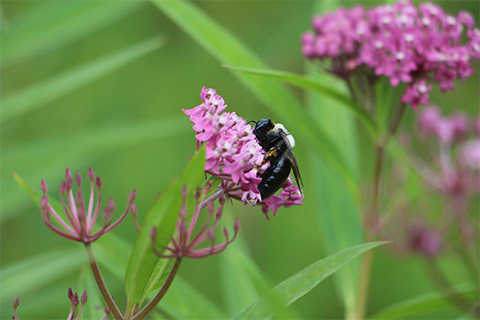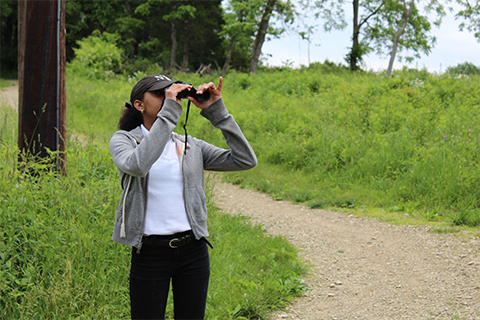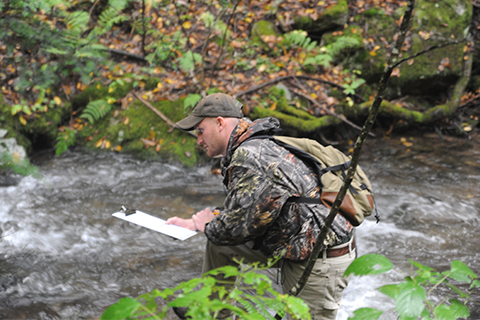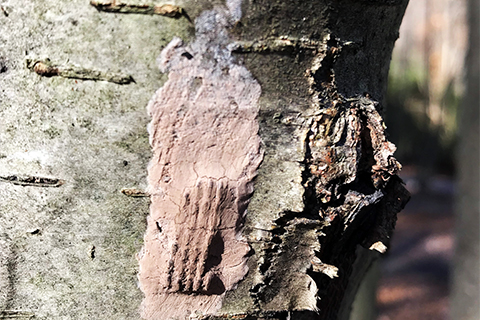About five percent of people working in the United States are scientists and engineers. Science is important because it is the most reliable way of learning about the world, both natural and artificial.
Scientists lead initiatives that draw together research and resources that will, among other things, help us find solutions for the impacts of climate change.
To better understand changes in the natural world, the observations of everyday people can help.
“Around Pennsylvania, scientists and citizen scientists are contributing all kinds of information about plants, wildlife, and weather that is shedding light on big issues,” DCNR Secretary Cindy Adams Dunn said. “Ultimately, the secrets that are uncovered might aid in the conservation of all living things.”
If you’d like to get involved, here are some ideas…
Passionate About Plants

Citizen scientists and gardeners can get involved in Pennsylvania’s new Plant Conservation Network. The network will be cultivating collaborative projects including professionals and citizen scientists/volunteers across the state to advance native plant conservation.
Project Budburst encourages citizens to select a plant, get outside, and make observations, and share your insights online on the timing of flowering and other biological events.
Help NASA measure the height of trees and track changes in clouds, water, and plants by following the instructions on GLOBE Observer.
Birds and Bats on the Brain

It’s nesting season! Get in on the monitoring in your backyard or near where you live through Cornell NestWatch.
Canoe Creek State Park near Altoona hosts colonies of bats that have been impacted by white nose syndrome. There are several opportunities on the calendar in July to help count bats at the park for citizen science.
Volunteer to monitor migrating raptors at the Militia Hill Hawk Watch at Fort Washington State Park this September and October.
Pennsylvania eBird offers a real-time, online checklist, revolutionizing the way people report and access information about birds.
Our peregrine falcons on a ledge at the Rachel Carson Building in Harrisburg have left the nest so there is less activity, but check the FalconCam early next year to help monitor the online cameras and take a survey to help identify what the falcons are eating.
Water, Water

The Centre County Pennsylvania Senior Environmental Corps logged almost 2,500 hours of volunteer service last year toward its mission to gather and publish data on the quality of water in streams in the county.
Check Nature Abounds to start, or see if there are similar opportunities, in your county.
Preventing Invaders

Help track invasive species that you come across when out and about by reporting them on Pennsylvania iMapInvasives. The program collects data to help effectively track and manage invasives -- many of which benefit from the warmer and wetter weather impacts from climate change.
Wild About Weather

Who hasn’t commented recently on all of the rain we’ve been experiencing in the commonwealth? Join the Community Collaborative Rain, Hail, and Snow Network of volunteers of all ages working together to measure and map precipitation to provide high quality data for natural resource, education, and research applications.
Whatever your passion is, chances are there’s an opportunity to put it to good use. It also doesn’t require large amounts of your time, just a willingness to observe what’s happening in nature and record and share what you observe.
Those observations could have a big impact on scientific discovery and in helping conserve our natural places.